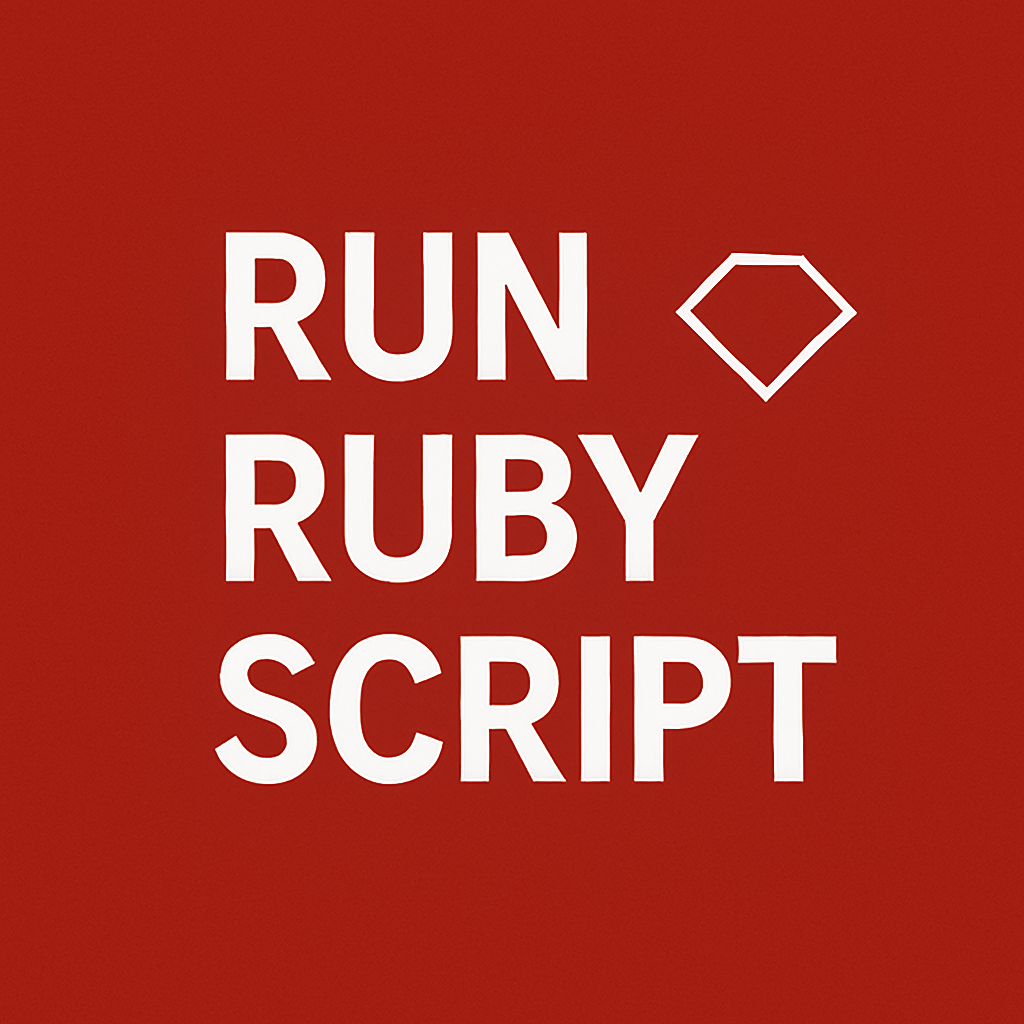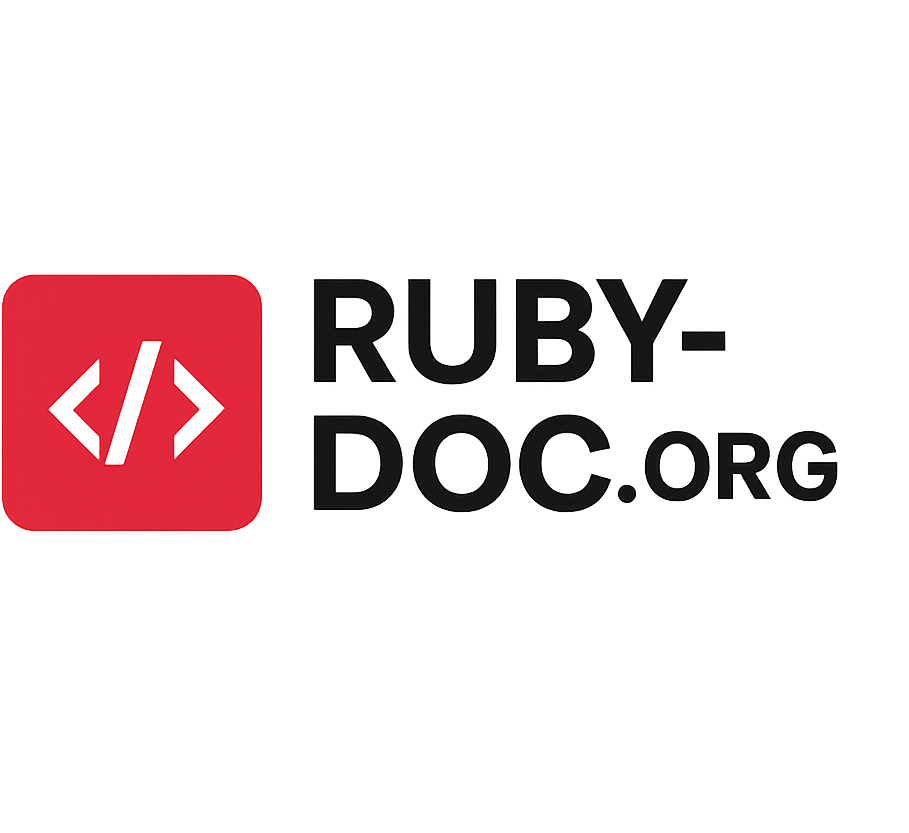
The gaming industry is full of opportunities for innovation, especially for developers and data enthusiasts who enjoy digging beneath the surface. Whether you’re looking to analyze data from MMORPGs like MU Online, or you’re exploring matchmaking technology in competitive titles, scripting can empower you to automate, scrape, and analyze like never before. Ruby, known for its clean syntax and vast library support, is surprisingly underrated in gaming automation circles. While languages like Python tend to dominate discussions around bots and web scraping, Ruby holds its ground with simple, powerful scripts and community-built gems (read our Ruby vs Python guide). In this guide, we’ll walk through how to run Ruby script for scraping content from MU Online, and we’ll also dive into how Ruby can be used in match-up tech for modern games.
Why Run Ruby Script for Game Data Tasks?
Ruby has traditionally been associated with web development, particularly via Ruby on Rails. But behind the scenes, it offers concise syntax, excellent HTTP and parsing tools, and a flexible scripting environment that makes it ideal for:
- Automating game-related tasks
- Scraping data from websites or APIs
- Performing statistical analysis
- Building lightweight matchmaking algorithms
Ruby is also cross-platform. So whether you’re on Windows, macOS, or Linux, you can easily run Ruby script with minimal setup.
Part 1: Scraping MU Online Content with Ruby
MU Online is a classic MMORPG that still maintains a loyal player base across private and official servers. Many players like to track monster stats, item drop rates, player rankings, and event schedules. Most of this data is published on fan sites, wikis, or private server dashboards—making it ripe for scraping.
Step 1: Setup Your Environment
Before you run Ruby script, make sure Ruby is installed:
bashCopyEditruby -v
If not, install it via RVM or a package manager:
bashCopyEdit# On macOS with Homebrew
brew install ruby
# On Ubuntu/Debian
sudo apt install ruby-full
Install the necessary gems:
bashCopyEditgem install nokogiri httparty
HTTParty: A simple HTTP clientNokogiri: A robust HTML parser
Step 2: Identify Target Data
For example, let’s say we want to scrape monster data from a fan-maintained MU Online wiki page:
arduinoCopyEdithttps://muonline.fandom.com/wiki/Monster_List
Inspect the HTML to identify where the monster stats (name, level, location, etc.) reside—usually in tables or specific divs.
Step 3: Write the Ruby Script
Here’s a basic scraper:
rubyCopyEditrequire 'httparty'
require 'nokogiri'
url = "https://muonline.fandom.com/wiki/Monster_List"
response = HTTParty.get(url)
parsed = Nokogiri::HTML(response.body)
monster_data = []
parsed.css("table.wikitable tr").each_with_index do |row, index|
next if index == 0 # skip header
cells = row.css("td").map(&:text).map(&:strip)
monster = {
name: cells[0],
level: cells[1],
location: cells[2]
}
monster_data << monster
end
# Output or save to file
puts monster_data
File.write("monsters.json", monster_data.to_json)
This script:
- Fetches the page using
HTTParty - Parses it with
Nokogiri - Iterates through a table of monsters
- Extracts relevant data into a structured format
To run Ruby script:
bashCopyEditruby mu_monster_scraper.rb
And just like that, you’ve got structured data from a live page.
Use Case Ideas for MU Online Scraping
- Compare stats across monsters to find the best grinding spots.
- Track changes over time on private servers.
- Build your own player-focused dashboard.
Part 2: Match-Up Tech with Ruby in Gaming
Beyond scraping, Ruby can be leveraged for lightweight match-up tech—essentially logic that helps pair players based on skill, performance, or preferences.
While major games use complex matchmaking systems built in C++ or Go, you can prototype powerful algorithms in Ruby with ease.
A Simple Elo-Based Matchmaker in Ruby
The Elo rating system is commonly used in chess and online games to rank players.
Here’s a basic Ruby script to simulate match outcomes and adjust ratings:
rubyCopyEditclass Player
attr_accessor :name, :rating
def initialize(name, rating = 1000)
@name = name
@rating = rating
end
def expected_score(opponent)
1.0 / (1 + 10 ** ((opponent.rating - rating) / 400.0))
end
def update_rating(opponent, result, k = 32)
expected = expected_score(opponent)
self.rating += (k * (result - expected)).round
end
end
# Simulate a match
player1 = Player.new("KnightRider", 1100)
player2 = Player.new("DarkLord", 950)
# Result: 1 = win, 0 = loss, 0.5 = draw
player1.update_rating(player2, 1)
player2.update_rating(player1, 0)
puts "#{player1.name}: #{player1.rating}"
puts "#{player2.name}: #{player2.rating}"
To run Ruby script:
bashCopyEditruby matchup.rb
You can build on this to:
- Store ratings in a database
- Match players with similar scores
- Incorporate latency, playstyle, or weapon preference
Bridging Both Worlds: Scraping + Matchmaking
Let’s get creative.
Suppose you scrape data about character builds from MU Online players (say, from a leaderboard or public profiles), then use it to simulate or optimize match-ups. You could classify players by:
- Class (e.g., Soul Master, Dark Knight)
- Gear score
- Win/loss ratios
- Activity levels
Feed that data into your matchmaking script and pair players for duels, events, or balanced PvP ladders.
This is how indie game devs and modders often build lightweight competition layers over existing games—without needing full backend access.
Run Ruby Script Performance Tips
If you’re planning to run Ruby scripts frequently or at scale:
- Use Caching: Avoid repeated scraping with tools like
redisor by saving to local files. - Throttling: Use
sleepor gems liketyphoeusto throttle requests and avoid IP bans. - Parallelism: Use threads for scraping multiple pages, but manage them carefully.
- Use Rake: For larger projects, create Rake tasks to schedule and organize your Ruby scripts.
Final Thoughts: Where to Go Next
Using Ruby for MU Online scraping and matchmaking tech is just the beginning. Ruby makes it easy to prototype complex logic quickly—ideal for indie game development, data-driven tools, or community-run servers.
Whether you’re scraping monster stats, simulating duels, or ranking players, all you need to do is run Ruby script and start iterating. With minimal overhead, powerful parsing tools, and flexible object-oriented design, Ruby remains a solid ally for game-focused developers.
Tools to Explore:
- Nokogiri – for HTML/XML parsing (read more)
- HTTParty – for web requests
- Sequel – lightweight database ORM
- Gosu – for making 2D games in Ruby
- Rake – task runner for Ruby
Don’t let Ruby’s web-dev reputation limit your imagination. Game tools, content aggregators, matchmaking systems, and even bots can all be powered efficiently when you run Ruby script with purpose.
Want to automate your next idea? Try writing your own Ruby script today—and see where it takes your game.
